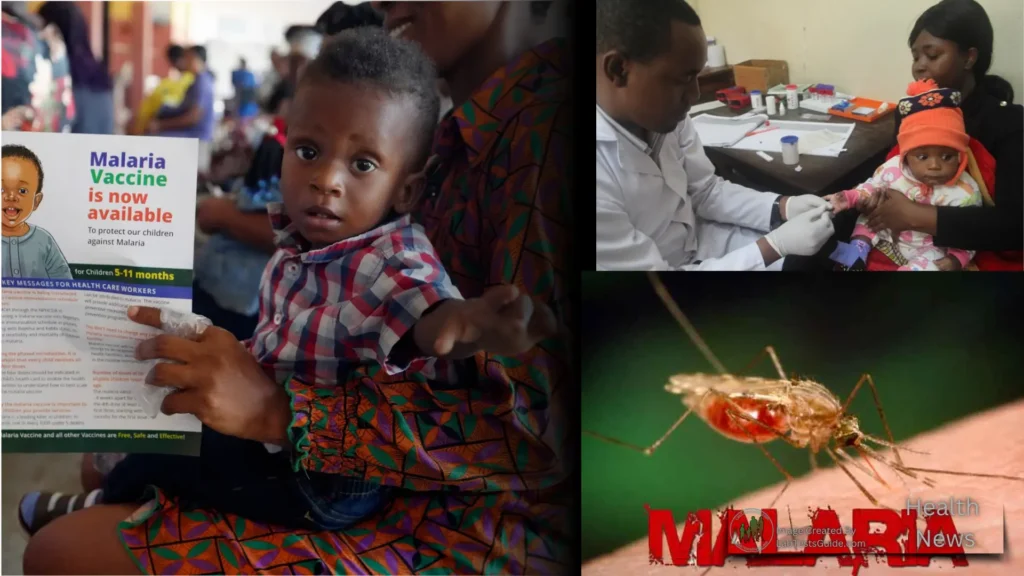Global Progress Against Malaria Faces Setbacks Amid Surging Cases
Efforts to eliminate malaria worldwide have achieved significant milestones, with 44 countries and territories, including Egypt in 2023, certified as malaria-free. However, a recent report from the World Health Organization (WHO) underscores a troubling reversal of progress. Malaria cases surged to 263 million globally in 2023, an increase of 11 million from the previous year, while deaths plateaued at 597,000, primarily among young children in Africa.

Persistent Challenges in the Fight Against Malaria
Despite the averted 2.2 billion cases and 12.7 million deaths since 2000, global efforts have faltered due to climate change, conflict, insufficient funding, and biological resistance. Africa remains disproportionately affected, accounting for 94% of global malaria cases and 95% of deaths in 2023. Countries like Nigeria, Ethiopia, and Madagascar saw significant increases in cases.
Climate change exacerbates the spread of malaria by creating favorable conditions for mosquitoes to thrive, even in regions previously deemed malaria-free. Rising temperatures, increased humidity, and prolonged rainy seasons have allowed malaria to extend its reach, impacting vulnerable populations such as pregnant women, children, and refugees disproportionately.
Emerging Biological and Technical Challenges
The malaria parasite’s adaptability presents another hurdle. Resistance to artemisinin, a key antimalarial drug, has been confirmed in several African nations. Furthermore, rapid diagnostic tests are becoming less effective as parasites evolve to evade detection. New zoonotic malaria strains, such as Plasmodium knowlesi in Southeast Asia, are adding complexity to eradication efforts.
Global Response and Advocacy
Global funding for malaria control fell significantly short of the $8.3 billion needed in 2023, limiting access to essential interventions like insecticide-treated nets and effective medicines. Advocacy groups, such as Stanford’s SupplyHer, are raising awareness about malaria’s devastating impact and the urgent need for funding.
Yashaswi Bista, a Stanford student inspired by the effects of climate change on malaria transmission, emphasized the importance of U.S. action. “Developed nations must recognize their role in exacerbating global warming and its indirect impact on malaria proliferation,” Bista stated.
SupplyHer partnered with United to Beat Malaria, a UN Foundation campaign, to encourage students and community members to support global health initiatives. Activities included writing to congressional representatives advocating for continued funding for programs like the President’s Malaria Initiative and the Global Fund to Fight AIDS, TB, and Malaria.
Progress and Hope for the Future
While challenges persist, success stories like Egypt’s recent certification as malaria-free offer hope. Countries such as Georgia and Turkey are on the brink of achieving similar milestones, demonstrating that malaria elimination is achievable with sustained effort.
Experts stress that a multipronged approach—including innovation in diagnostics, drug development, community engagement, and climate change mitigation—is essential to overcome the disease. As Jane Carlton, director of the Johns Hopkins Malaria Research Institute, remarked, “Malaria is an ancient and resilient disease, but with global collaboration and investment, eradication is within reach.”
Call to Action
With nearly half the global population at risk, the stakes are high. Advocacy, research, and equitable resource allocation must remain central to global health agendas. As Bista urged, “We all have a role to play in fighting malaria—whether through policy change, scientific innovation, or grassroots advocacy.”
The road to a malaria-free world remains challenging but not insurmountable. Continued vigilance and collective action are vital to ensure that gains are not only preserved but accelerated.
References
- Some countries have eliminated malaria, but cases are growing elsewhere – sciences News – (Accessed on Dec 12, 2024)
- Malaria cases surged to 263 million last year amid stalled progress to stop mosquito-borne illness – Euro – (Accessed on Dec 12, 2024)
- Malaria cases surge in 2023, but deaths decline to pre-COVID numbers: WHO – Down To Earth – (Accessed on Dec 12, 2024)
- Stanford SupplyHer raises awareness to overcome malaria worldwide – The Stand For Daily – (Accessed on Dec 12, 2024)
Possible References Used








I appreciate the balanced perspective you’ve presented here. It’s rare to find such thorough coverage of this subject without bias. You’ve given me some interesting points to think about.